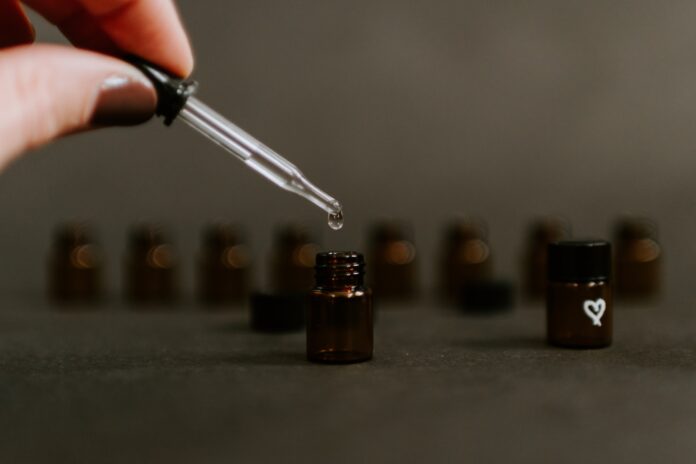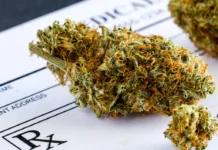CBD oil has been proposed to offer a wide variety of health benefits.
Among its various applications include stimulating appetite, improving sleep, alleviating pain, preventing seizures, and treating skin conditions including eczema and psoriasis.
CBD oil, while derived from the same cannabis plants as marijuana, is not the same thing. If you wish to know how you can apply it and what are your options, keep on reading and find out!
What is the best type?
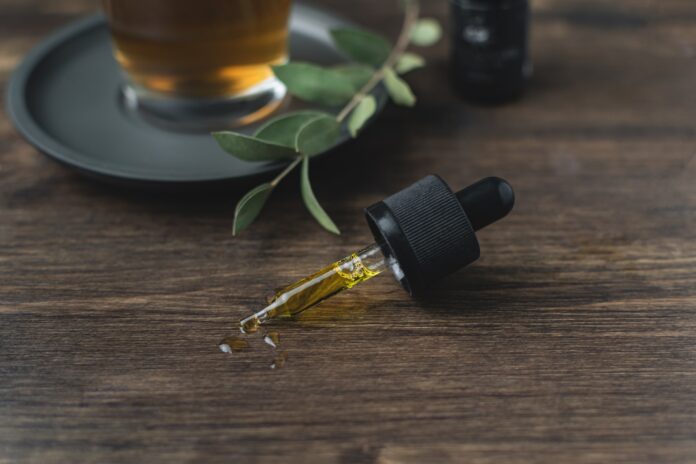
The best type of oil for you will be determined only by your habits, tastes, and objectives, along with your personal taste/preference.
Additional factors may play a role in your decision.
If you’re an athlete, for instance, it’s best to avoid products that contain THC.
CBD isolate, for instance, is a purified form of the compound that can be combined with other substances without compromising the compound’s efficacy.
On the other hand, the full-spectrum type has additional advantages if you don’t mind the presence of trace amounts of THC.
Therefore, the broad spectrum oil is the finest choice if you’re looking for a supplement with greater potential advantages.
Both isolates and full-spectrum oil supplements have their advantages and disadvantages, so finding the one that best suits your needs may require trying out a few different brands.
3 different types of CBD Oil and When to Use them
1. Full spectrum CBD
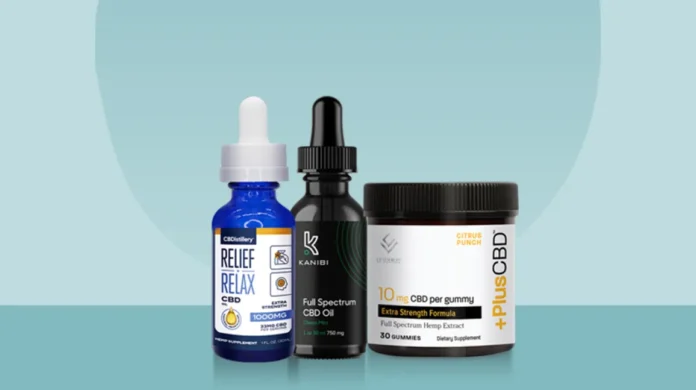
In this type of product, a small amount of THC occurs naturally.
Remember that even while full-spectrum CBD products are legal at the federal level, they still need to have a THC content of less than 0.3%.
Full spectrum oil offers several advantages over isolation.
This is because full-spectrum oils, as opposed to narrow-spectrum CBD oils, contain the entire range of cannabinoids present in cannabis, including THC, terpenes, and fatty acids.
There are trace levels of THC in full spectrum CBD, but not enough to provide psychoactive effects.
The cannabis plant contains terpenes, which have anti-inflammatory properties, making it quite effective for any inflammatory reason.
In fact, one researcher discovered in 2005 that adding a full-plant extract to CBD oil improved its therapeutic effects.
You can take advantage of chemical synergy, also referred to as the entourage effect, which occurs when all of the cannabinoids and other chemical substances are present at one location.
2. Broad Spectrum CBD
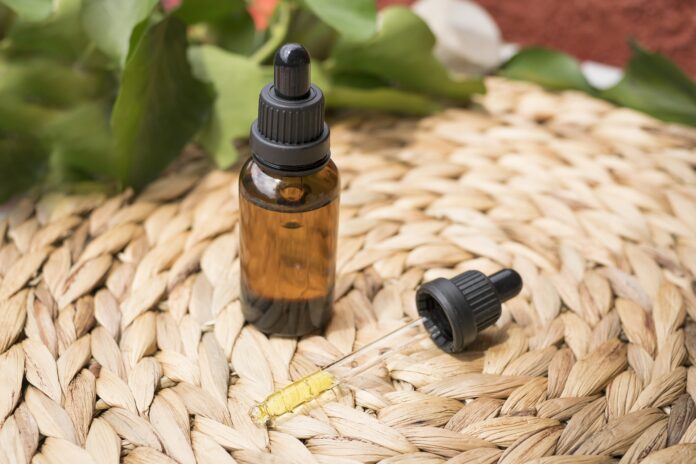
All the components of the cannabis plant are present in this form, with the exception of THC.
Broad spectrum CBD oil is a middle ground between pure CBD and full spectrum oils.
THC is the only cannabinoid it lacks, although it has all the others.
Broad-spectrum oil is harder to come by than other kinds of CBD oil, so watch out before you give it a go.
The extraction process for full-spectrum CBD oil is the same as that for other types of oil.
The final steps of processing remove the THC from the extract, making broad-spectrum oil a viable option for areas where THC is illegal.
Also, you should know that this type will not show up on a drug test screening for THC, which is something that you may wish to achieve.
3. CBD isolate
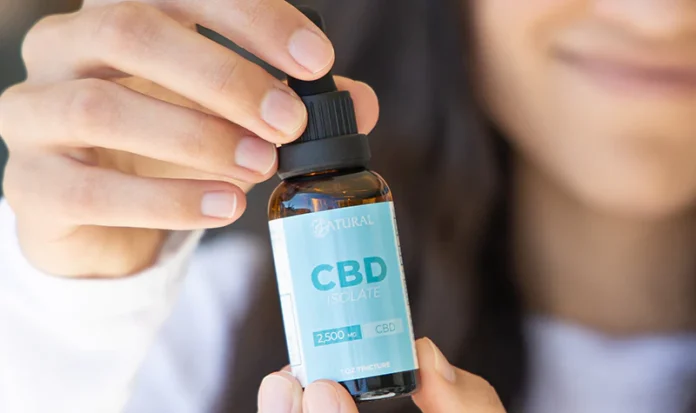
CBD is separated from the rest of the cannabis compounds in this form.
The purest type of CBD oil is isolated cannabidiol (CBD), which contains only CBD and no other cannabinoids, terpenes, or advantageous fatty acids from the cannabis plant.
Others sell their isolate in oil form, although the majority of firms only offer it in crystal or powder form.
This product is made using the same extraction process as other CBD oils.
The CBD is removed from the mixture while the cannabinoids are extracted.
After that, it goes through a cooling process called “winterisation” to get rid of any chemical substances that are still present.
Compared to other forms of cannabidiol, isolate has a variety of benefits, including lower costs and the absence of the psychoactive ingredient THC.
The downside is, however, that you won’t experience the entourage effect.
What are the perks and pros of using it?
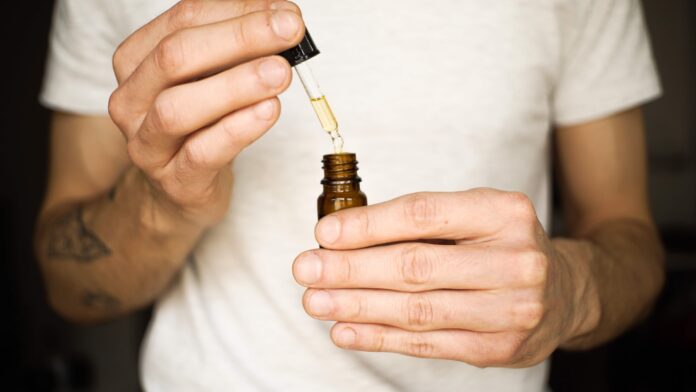
1. For anxiety
Anxiety and mood disorders, including depression and post-traumatic stress disorder, can have a significant influence on your daily life.
Stress from these sources is known to increase preexisting illnesses like insomnia, hypertension, chronic pain, and cardiovascular disease. Most people who struggle with any form of anxiety can turn to oils.
2. Mood disorder
As a result of its interactions with CNS neurotransmitters, CBD may be useful in alleviating the pain associated with inflammatory conditions, joint discomfort, and neuropathy (peripheral neuropathy).
Those who participated in a four-week study and had suffered nerve damage in their lower extremities found that topical oil considerably reduced their severe, acute pain.
3. Arthritis & joint pain
Arthritis causes damage to the cartilage and lining of your joints.
Arthritis is a group of diseases characterized by painful joint inflammation and stiffness that can limit the range of motion and daily activities.
Reduced discomfort and improved mobility in affected joints are the primary targets of arthritis treatment.
It has been found that cannabidiol can reduce inflammation and pain in both big and small cases.
4. Helps patients with cancer
CBD has the potential to aid with chemotherapy-induced weight loss and nausea, which most cancer patients tend to experience.
The Food and Drug Administration (FDA) has approved three cannabinoid-based medicines for treating these issues and improving appetite in people with AIDS. All of these products have a combination of CBD and THC (either natural or synthetic) that you can appreciate in the right dosage.
Where to find some high-quality oils?
If you want to give it a go make sure to check out https://purekana.com/collections/cbd-oils/ and enjoy their variety + a possibility of a discount and 20%! You will enjoy a wide range of carefully crafted CBD oils to suit various needs, preferences, and lifestyles + there is a multitude of flavors to choose from. Give them a click and see for yourself.

